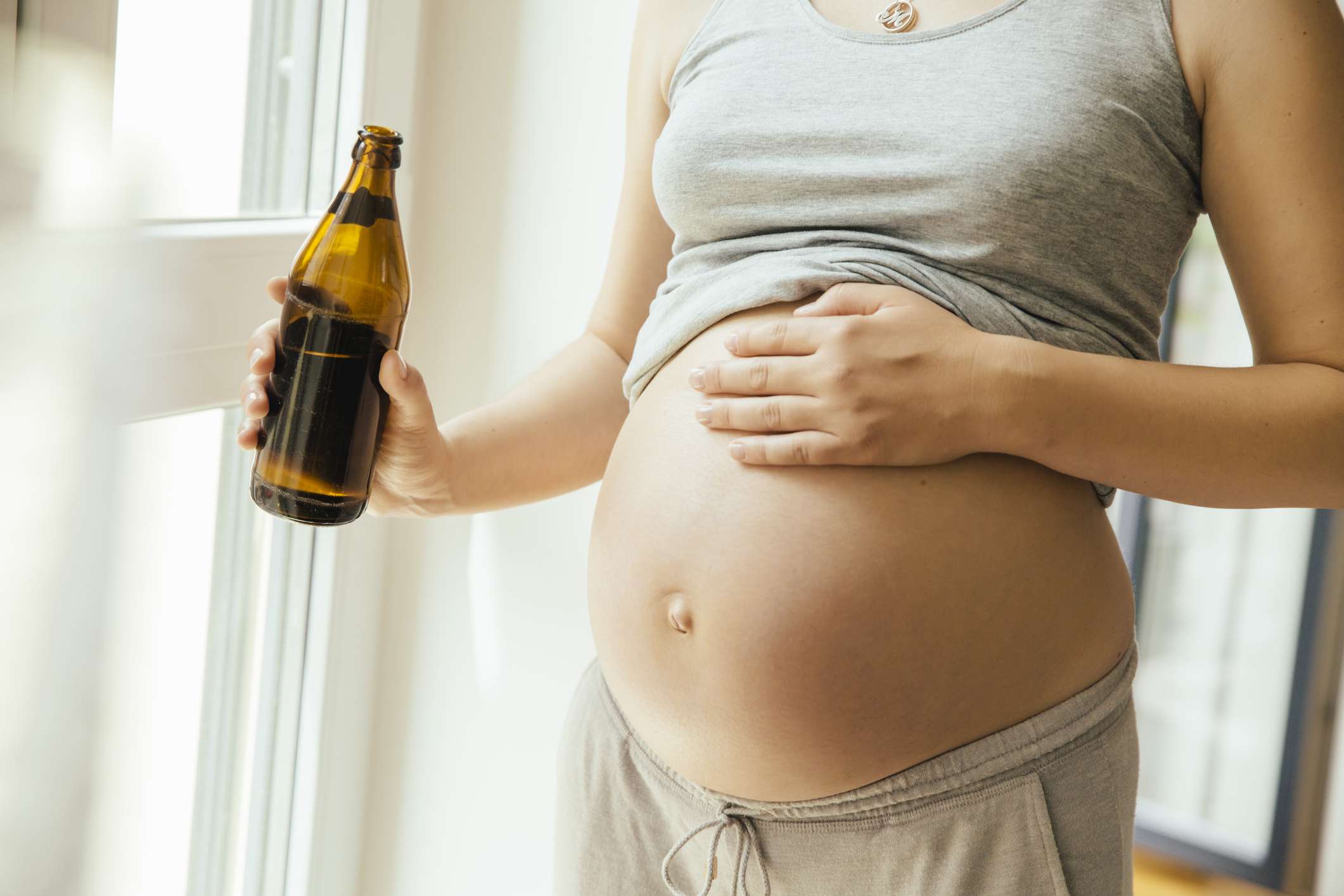The journey of pregnancy is remarkable and comes laden with a myriad of questions, especially when it pertains to safety. One such pondering is, “Is non-alcoholic beer safe during pregnancy?” It’s a pertinent query that navigates through the realms of nutritional health and fetal development. Let’s explore this nuanced topic, ensuring a wholesome understanding and giving you valuable insights for making informed choices.
Unveiling Non-Alcoholic Beer: A Brief Overview
Non-alcoholic beer, although it sounds safe with the tag of ‘non-alcoholic’, still contains a small amount of alcohol, typically less than 0.5% ABV. It is manufactured through a process that either prevents alcohol formation or removes it post-brewing, maintaining the flavor while keeping the alcohol content minimal. It’s a popular choice for those desiring a beer-like experience without the alcoholic influence.
Understanding the Impact of Alcohol During Pregnancy
Alcohol is a known teratogen, meaning it can be harmful to the developing fetus. Even minute concentrations can permeate through the placenta, potentially affecting fetal development, and inducing conditions like Fetal Alcohol Spectrum Disorders (FASD). Consequently, healthcare professionals often recommend abstaining from alcohol throughout pregnancy.
The ‘Safe’ in Non-Alcoholic: Is it a Myth or Reality?
Diving deeper into the safety aspect, non-alcoholic beer sparks debates among healthcare professionals. Despite the minimal alcohol content, some experts advocate for complete abstinence, while others deem an occasional drink to be non-harmful. This dichotomy stems from a lack of conclusive scientific studies linking minuscule alcohol levels with adverse pregnancy outcomes.
The Nutritional Aspect: Pros and Cons
While non-alcoholic beer may provide certain nutritional benefits like B-vitamins and antioxidants, it’s imperative to weigh them against potential risks. Additionally, it may contain higher sugar levels, which could influence gestational diabetes and overall caloric intake. Analyzing the nutritional content and considering alternatives is pivotal for maintaining a balanced diet during pregnancy.
Psychological and Emotional Factors
The psychological aspect of consuming non-alcoholic beverages during pregnancy is multifaceted. It may fulfill social and emotional facets, reducing feelings of exclusion during social events. Conversely, it could potentially trigger the desire for traditional alcoholic beverages, making it a delicate matter that demands careful contemplation.
Global Perspectives on Non-Alcoholic Beer and Pregnancy
Different cultures and countries possess varied perspectives on the safety of non-alcoholic beer during pregnancy. While some nations showcase a liberal standpoint, others lean towards caution and conservative advice. Understanding these global viewpoints enriches our comprehension and highlights the importance of personalized, culturally sensitive advice.
Legal and Ethical Considerations
From a legal and ethical standpoint, non-alcoholic beers are typically marketed as a safe alternative to their alcoholic counterparts. However, the ethicality of consuming them during pregnancy is influenced by potential risks, however minimal, to fetal health. It’s vital to explore these aspects while making informed decisions.
Expert Opinions and Recommendations
Healthcare professionals possess varied opinions on the topic, largely governed by available research and personal practice experiences. Exploring these expert viewpoints offers insight into the existing knowledge base and helps navigate through the plethora of information available, ensuring you’re making well-informed choices.
Real-Life Experiences: Stories from Mothers
Incorporating real-life experiences provides a holistic view, enabling the understanding of practical implications, emotional factors, and decision-making processes that numerous mothers go through during their pregnancy journey, especially regarding non-alcoholic beer consumption.
Alternatives to Non-Alcoholic Beer: Navigating Through Safe Options
Exploring alternatives is crucial to safeguarding both maternal and fetal health. Options like alcohol-free mocktails, herbal teas, and flavored water not only provide variety but also ensure that the risk associated with even minimal alcohol consumption is negated.
Conclusion: Crafting Informed Choices During Pregnancy
In conclusion, the query, “Is non-alcoholic beer safe during pregnancy?” unfolds into a complex narrative interwoven with scientific data, ethical considerations, and psychological implications. While the minimal alcohol content of non-alcoholic beer is often considered negligible, the potential risks, albeit small, cannot be wholly disregarded. Balancing informed decision-making, considering cultural and emotional aspects, and ensuring nutritional adequacy form the triad of crafting a wholesome pregnancy journey. Always engage in open dialogues with healthcare professionals, ensuring that the choices made are tailored to individual needs and circumstances, safeguarding the health and well-being of both mother and baby.

